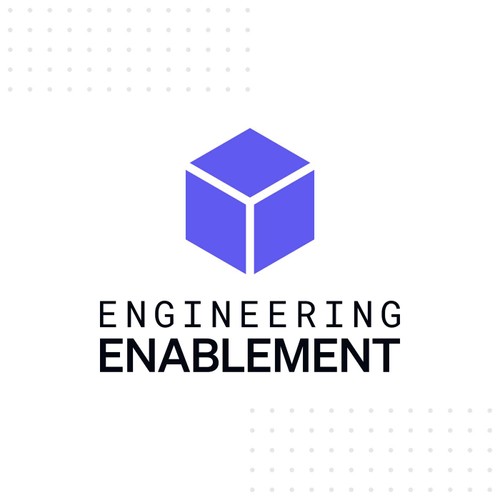
 Engineering Enablement by DX
Engineering Enablement by DX An inside look at the SPACE framework | Dr. Margaret-Anne Storey (co-author, SPACE)
30 snips
Jan 18, 2023 AI Snips
Chapters
Transcript
Episode notes
Productivity Is Multifaceted And Contextual
- Productivity is a complex, personal, and context-dependent human construct that cannot be captured by a single metric.
- The SPACE framework was created to present multiple dimensions and push practitioners away from narrow measurements.
Define Goals Before Choosing Metrics
- Ask “what does productivity mean to you and for whom” before picking metrics or interventions.
- Define goals first and beware that improving one dimension can harm another without careful consideration.
Metrics Are Proxies, Not Answers
- Example metrics in SPACE are starting points, not prescriptions, and span individual, team, and system levels.
- Metrics are proxy signals and must be interpreted with qualitative investigation and tracked over time.
